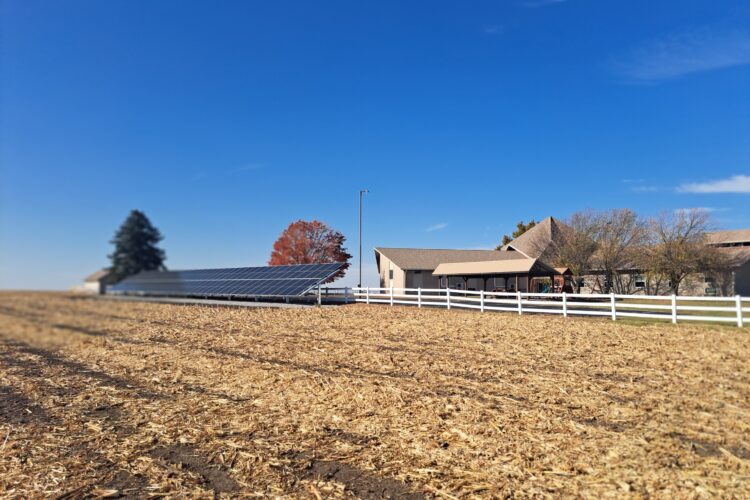Smarter Planet or Wiser Earth?

New Quaker Institute for the Future (QIF) Book on Human Ecology and Artificial Intelligence
Current breakthroughs in Artificial Intelligence (AI) need to be evaluated holistically as part of serious, systematic threats to our human ecology. These threats are intimately related to the economic, political, military, technological, and ethical flaws and institutional flaws that lead to existential threats like the sixth great extinction, the climate crisis, the collapse of democracy, wars of mutually assured destruction, and out-of-control technology.
As Quakers, how should we understand and respond to these developments? A new book from The Quaker Institute for the Future addresses these issues in systematic detail and offers substantive, positive proposals for action: Smarter Planet or Wiser Earth? Dialogue and Collaboration in the Era of Artificial Intelligence.
Since the release of ChatGPT in November last year, a stream of exciting but often very disturbing news about AI has flooded forth. There are rapidly growing concerns about whether dramatically more powerful forms of AI will be ethical, legal, and safe. Key leaders in the AI industry express serious concerns about existential threats that may arise from the new Generative AI systems that are being created and deployed pervasively. These may even result in a “singularity” in which super-intelligent AI surpasses and perhaps even displaces human and other forms of natural intelligence. How can we work to ensure that the creation of “smart” cars, phones, schools, prisons, farms, cities, and a “Smarter Planet” will take into account all the relevant values of all stakeholders – including natural organisms on whose lives our own depend? How can we assure what we achieve is a genuinely wiser Earth?
This will require an expansion of the conception of rationality used in AI technology as well as in mainstream economics, politics, and ethics. This book analyzes the challenges in transforming the ways we reason and proposes systematic dialogical strategies to address them using contemporary research in conflict resolution and peacemaking. These include Quaker, Gandhian, Indigenous, and other traditions to articulate methods of collaborative reasoning and ethical choice. It describes specific methods to transform how we teach ethics, run our political economy, and design AI technologies. These offer paths for researchers and activists to collaborate in spirit-led but practical solutions.
The audiences this book hopes to draw into dialogue with each other fall into two groups. One consists of citizens, activists, entrepreneurs, and change agents who are trying to transform their own lives and our shared human ecology with its component economies, politics, technologies, and moral practices. The other includes programmers, AI researchers, and other technologists creating the hardware and code for devices proliferating in efforts to make our life systems “smarter.”
A hope of this book is that those two audiences can be brought together to transform our world in ways that make it not just “smarter” but genuinely wiser. The aim of the book is to provide vocabularies and frameworks for all of us to engage in collaborative dialogue across the activist/tech divides in every walk of life so we can promote genuinely peaceful, human, ecological, and spirit-led ways of moving towards a Wiser Earth.
Find more about the book at smarterplanetorwiserearth.com.
The book is published by Quaker Institute for the Future and Producciones de La Hamaca and is available at standard booksellers online like Barnes and Noble or Amazon and will soon be released as a hardback and in audio form.
Gray Cox teaches philosophy, peace studies, language learning, and artificial intelligence as part of the College of the Atlantic’s program in Human Ecology. He is a long-term member of Acadia Friends Meeting and is also a co-founder and the current Clerk of the Quaker Institute for the Future. QIF is a think tank that supports published research that is both informed by Quaker values like peace and ecological resilience and employs methods of spirit-led, communal discernment.

